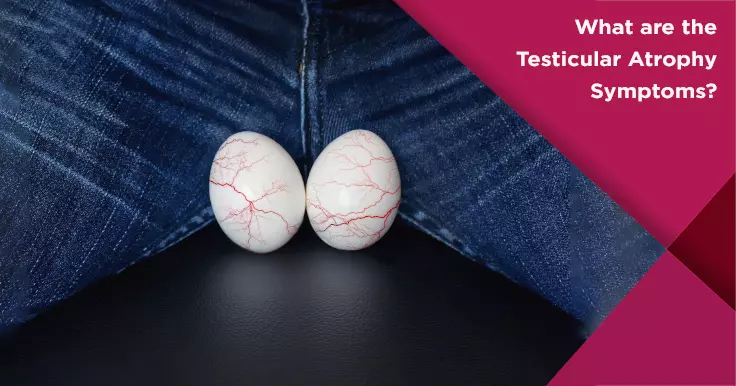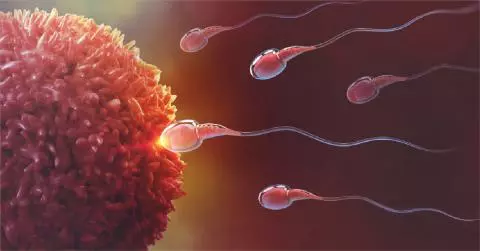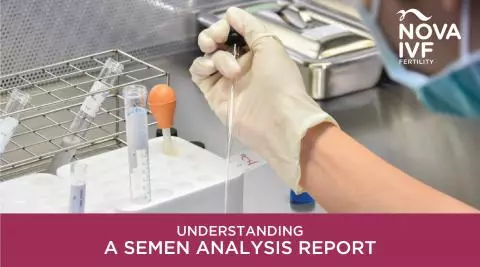Testicular Atrophy Symptoms: Effects on Fertility

Testicular atrophy refers to the shrinking of testicles. This should not be confused with the way the scrotum reacts to a change in temperature. Testicular atrophy may be caused by a number of factors but is most commonly the result of viral orchitis or bacterial orchitis.
Testicular Atrophy Symptoms
The most common symptom associated with testicular atrophy is the shrinkage of one or both testicles. This may be accompanied by other symptoms depending on the patient's age. Symptoms can be typically categorized as symptoms before and after puberty.
Testicular Atrophy Symptoms Before Puberty
Boys who have not undergone puberty as yet may fail to develop secondary sexual characteristics, such as:
- An increase in penile size
- Increased pubic hair growth
- Increase in facial hair
Therefore, these characteristics will be absent in such men.
Symptoms After Puberty
Men who are diagnosed with testicular atrophy after puberty may have the following symptoms:
- A decrease in sex drive
- Infertility or trouble conceiving
- Diminished muscle mass
- Reduced growth of facial hair
- Reduced growth of pubic hair
- Testicles that feel softer than normal
Testicular Atrophy Diagnosis
If you notice any of the above symptoms, you should consult a doctor as soon as possible. It can be treated but the treatment is largely dependent on identifying the factors causing the atrophy. If caught in its early stages, the condition can be treated and even reversed.
The doctor will conduct a physical examination to look for changes in the size, firmness and texture of the testicles. He will also take a detailed medical and sexual history of the patient to determine whether this could be the result of a side effect of certain medication of a sexually transmitted disease. Some tests that may be conducted to confirm a diagnosis include a testicular ultrasound to identify abnormalities and check blood flow, a blood test to check for infections and a hormone assay test to check for hormonal imbalance
 Infertility Counselling
Infertility Counselling Female Infertility Treatment
Female Infertility Treatment Andrology Treatment
Andrology Treatment Fertility Enhancing Surgeries - Female
Fertility Enhancing Surgeries - Female Fertility Enhancing Surgeries - Male
Fertility Enhancing Surgeries - Male Endoscopy Treatment
Endoscopy Treatment IUI Treatment
IUI Treatment IVF Treatment
IVF Treatment ICSI Treatment
ICSI Treatment Advanced IVF Solutions
Advanced IVF Solutions Embryology
Embryology Vitrification Egg, Embryo, Sperm Freezing
Vitrification Egg, Embryo, Sperm Freezing Preimplantation Genetic Testing (PGT)
Preimplantation Genetic Testing (PGT) Donation Program Embryo / Egg / Sperm
Donation Program Embryo / Egg / Sperm Self-cycleTM IVF
Self-cycleTM IVF

 Self-cycleTM IVF
Self-cycleTM IVF










